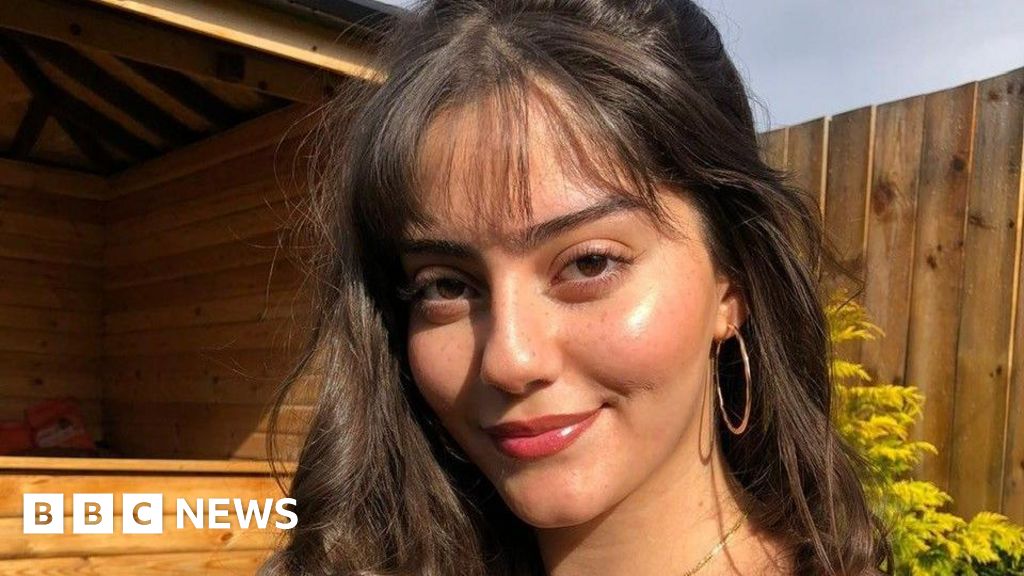One thing in this horrible story that will be familiar to anyone worth lifelong illness is the divide between pediatric and adult care. At age 18, you will experience an immediate shift in professional knowledge, care paradigm, access and support, either for better or worse, and it’s just ridiculous because the condition is the same. This just shows how much more important the system as a whole is compared to the intelligence, curiosity, or work ethic of any individual doctor. We were advised with my daughter (different illness) to keep pediatric specialists as long as possible and many of them regularly made these exceptions for patients for this reason.
This is the best summary I could come up with:
Even though there are no ME/CFS specialists at West Middlesex University Hospital (WMUH) in Isleworth, west London, Mr Naoum says a psychiatrist assigned to oversee her care has insisted on removing accommodations for her condition such as reduced light, has suddenly reduced her opioid dosage to nothing, and told them she needs to “calm down”.A spokesperson for Chelsea and Westminster Hospital NHS Foundation Trust said it was working “alongside Carla and her family to provide the best possible care and support”.The BBC has gained Carla’s consent for her parents to tell her story.Warning: This article contains details that some readers may find distressing
Such ME/CFS complications are “being misdiagnosed as being an eating disorder and as psychological, instead of a physiological medical condition, so the treatment is then based on a psychiatric approach - and this is where things really run into problems,” he adds.
After several days with the covers removed Carla began losing consciousness again, Mr Naoum says, until she was having seizure-like episodes and passing out 10 to 20 times a day for nine days.The BBC has seen videos of these episodes, including one where Carla is unconscious and not responsive to medical checks by staff, and another where her eyes roll back in her head, her face drops on one side, and she displays involuntary jerking movements for a short period of time.Mr Naoum says it was not until a locum was called to the hospital, who advised staff the light and sound measures did not work with Carla, that the covers were reinstalled.When asked if there is any NHS guidance stating ME/CFS is a psychological condition, NHS England referred BBC London to the current NICE guideline.Dr Shepherd says in cases where doctors are convinced ME patients need to increase their tolerance or learn to calm their reactions, “I think they ought to read what we put in the NICE guideline”.
“One of the specific things we put in the NICE guideline was that people with this - especially at the severe end of the spectrum - are very hypersensitive to light, to sound, to touch, to movement, temperature, changes,” he explains.
"He adds that if a loved one or carer had already explained to medical staff “what is going to upset that patient, make them worse”, then “these things have to be taken into consideration” as advised in the NICE guideline.
Carla’s father says he and his wife have resorted to staying with their daughter as much as possible, because they fear what will happen to her if she is alone.He is now calling for her to be moved to a hospital “where she can be treated well from this, and to respect her CFS”.
The original article contains 1,530 words, the summary contains 450 words. Saved 71%. I’m a bot and I’m open source!
This summary says “he” as if it’s her father but “he” is an ME expert who worked on the government guidelines who is criticising how the hospital is mistreating Carla.


